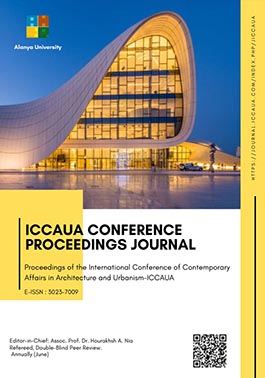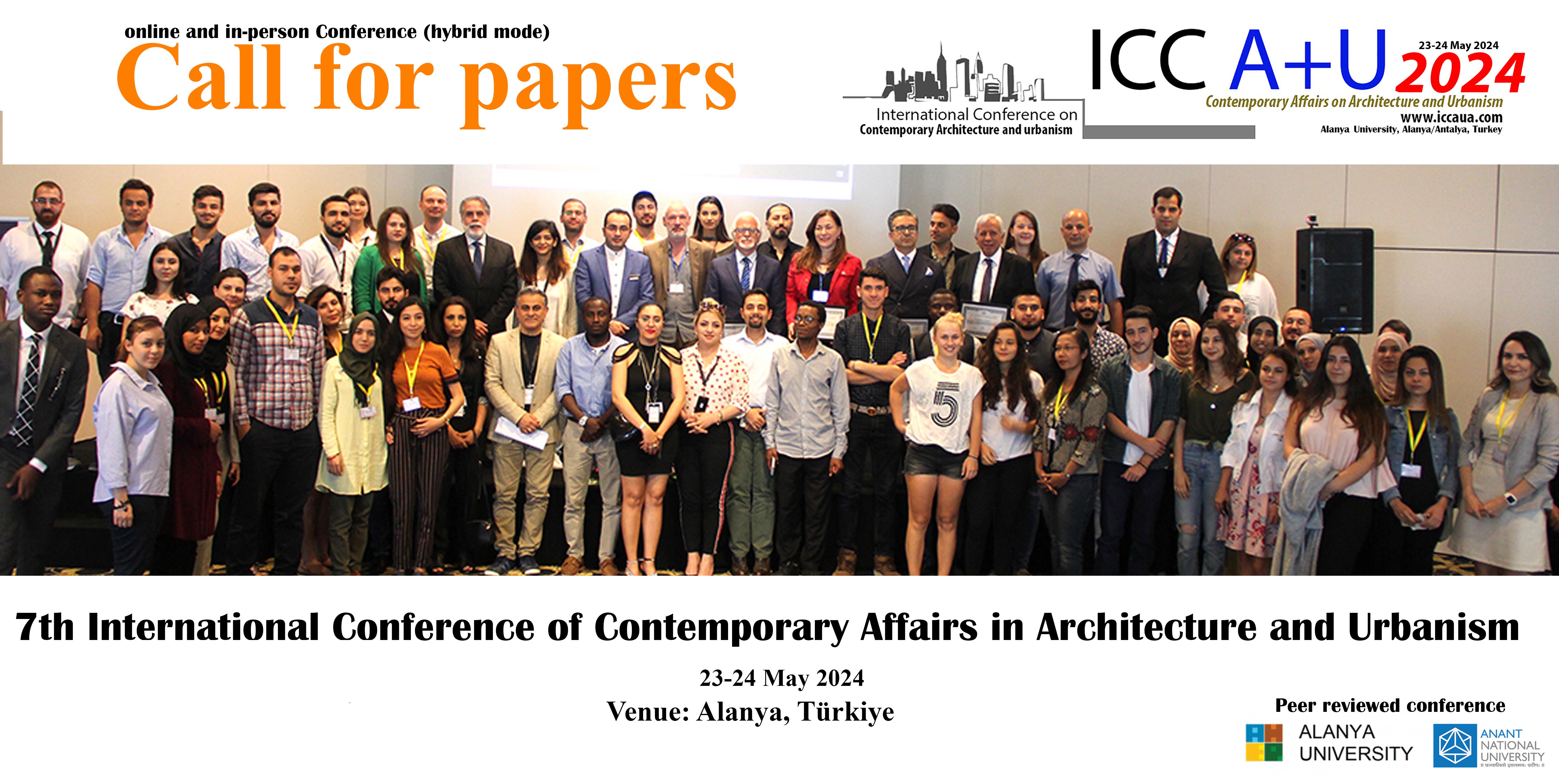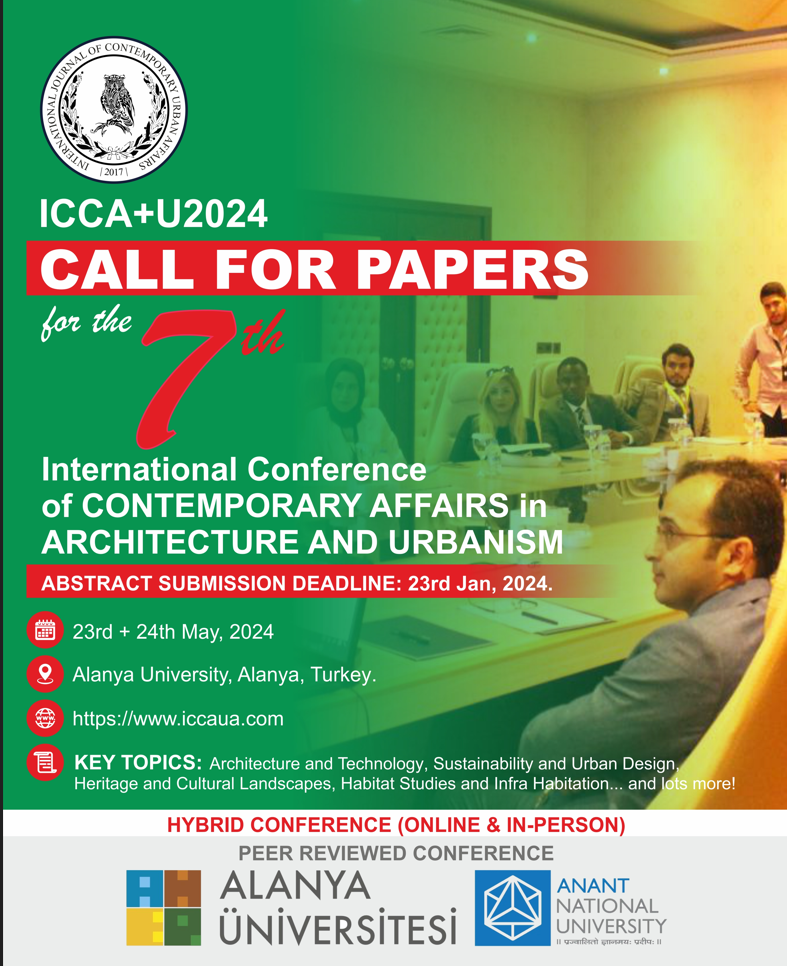Evaluation Of Strategies for Employee Participation by Nigerian Construction Organisations
DOI:
https://doi.org/10.38027/ICCAUA2022EN0183Keywords:
Employee Participation, Organisation Performance, Organisational Background, Decision MakingAbstract
In this study, employee participation by Nigerian construction organizations is investigated as labor scarcity is one of the most persistent issues that the construction industry is facing today. This is intended to identify the construction organization's circumstances to increase employee participation in decision-making. The effect of such participation on the performance of the industry was also assessed. This study was carried out through a questionnaire survey of construction professionals in Zamfara State. Data collected were analyzed using the Chi-square and descriptive statistical analysis obtained. In agreement with the results of preceding studies, the employee’s participation among construction organizations from the studies in decision making is at a lower stage which buttresses the Chi-Square analysis result that the employees do not participate actively in construction organizations' study area. This study concluded that there is a need for employers in the industry to categorize decisions that employees should make and to adjust their organizational backgrounds to raise employees’ participation spirits as desired.
Downloads
Downloads
Published
How to Cite
Issue
Section
License
Copyright (c) 2022 Ashiru Adegbenga Raphael, Anifowose Kamaldeen Jide, Mohammed Ismail Oladunni

This work is licensed under a Creative Commons Attribution 4.0 International License.









